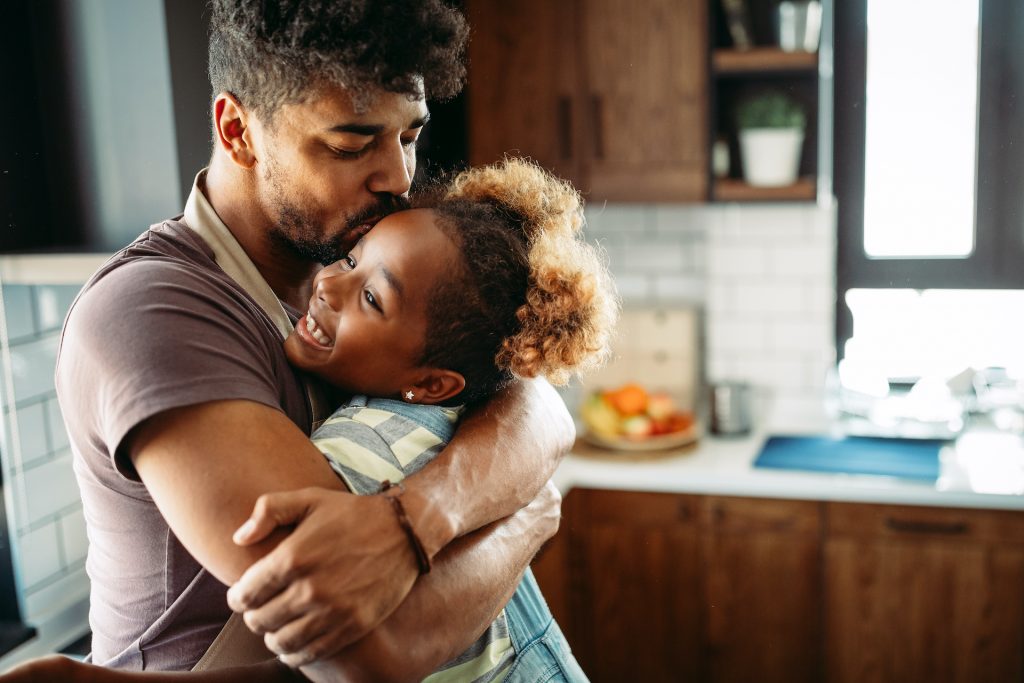
What to do when your child is struggling to make friends
Building friendships is an important skill for children to learn. For some, it is a natural process, but most will struggle to one degree or another, and some will struggle severely.
As a parent, you hold the vital role of reassuring your children of normal interactions and helping them overcome obstacles in relationships. It’s important to be supportive while still allowing room for growth through your child’s experiences.
If your child is finding it difficult to make friends at school, here are a few suggestions.
1. Reassure them with confidence
When making new friends, it’s normal for there to be an initial unfamiliar period. Children might believe they are alone in feeling uncomfortable in this process, but this is not the case.
Pediatricians have seen increased mental health challenges in kids after the COVID-19 pandemic. More students are feeling anxious about new social situations.
As parents and teachers, we need to reassure them that these feelings are normal and, with time, they will pass—the unfamiliar will become familiar and the uncomfortable will become comfortable.
Instead of avoiding these feelings, we can listen, understand and teach. So, show confidence while reassuring, and your child can draw strength from you!
Children considered to be “shy” in social situations may face a prolonged period of feeling unfamiliar. For them, it may take longer to gain confidence in making friends, but rest assured they will.
2. Teach social skills
Sometimes, being a good friend is different from what we imagine. But there are some skills a child can implement that will help this process go smoother.
Author Dale Carnegie shared multiple principles on this topic in his book titled “How to Win Friends and Influence People.” Some of the principles have brought me success in my own relationships, but I’ll share the ones that may be most beneficial for children.
Teach your child to:
- Become genuinely interested in other people.
- Smile.
- Be a good listener.
- Encourage others to talk about themselves.
- Make the other person feel important.
These principles help show peers that you are interested in friendship, and they’ll be drawn toward someone with these traits. Practice with your children and teach them by example.
3. Encourage them to reach out
If your child is struggling to make friends, remind them they aren’t the only ones feeling alone or left out. All children feel this way at some point.
Encourage your child to find someone who looks lonely and invite them to play. Even if they don’t become best friends, reaching out and inviting others is a part of the journey for both in the process of building new friends.
I imagine each person reading this can probably relate in one way or another. Try sharing your own personal experiences with your child from meeting new people, choosing friends and what you’ve learned along the way. Don’t just share the good or the bad—share both. You will find that allowing yourself to be vulnerable will strengthen your child’s resolve in building friendships.
4. Trust your child
Children need to know that someone believes in them and the first place that should come from is the home. Showing confidence in your child will empower them to choose to be a good friend and overcome barriers.
There are many ways to help a child struggling to make friends, but the most important part is teaching confidence and showing love for the child. By guiding children as they seek to make new friends, we help them realize they are not alone! Show them how to be a friend, and watch their self-confidence grow as they help lift others up and make friends along the way.
Talk to your child’s pediatrician if you notice severe difficulties in social situations.
You may also like:
Like what you see? Sign up for weekly wellness advice you can trust, delivered right to your inbox.
Related Articles